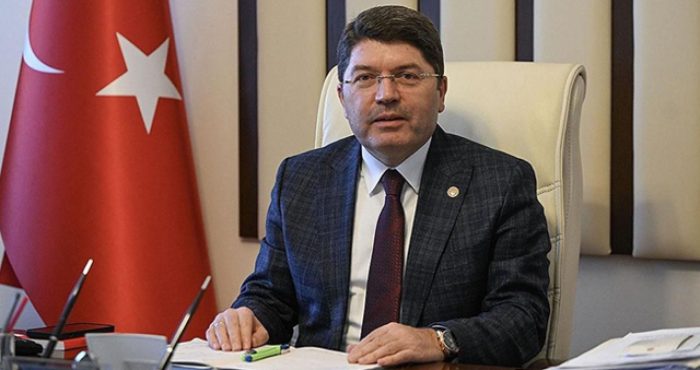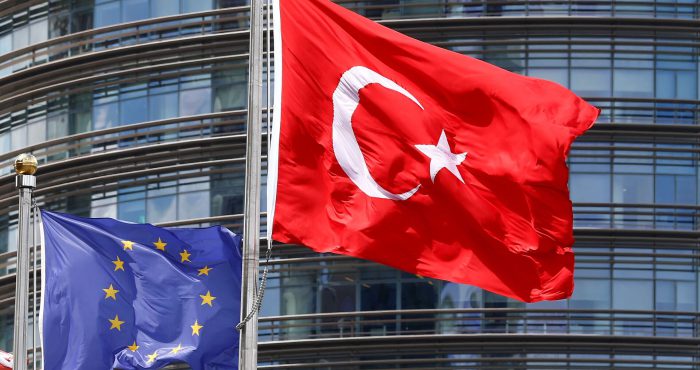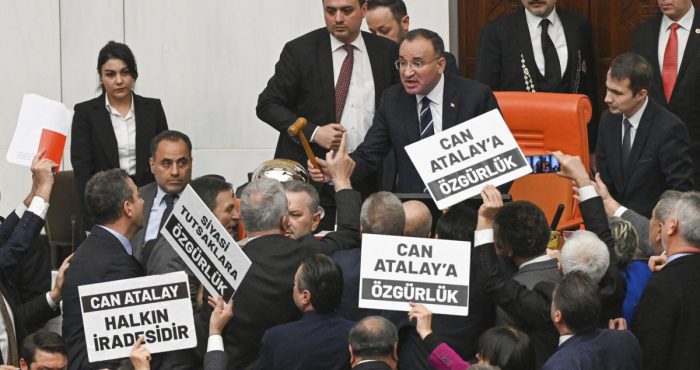As it has done in other countries, Uber has hired lobbyists in Turkey, paying astronomical fees, according to leaked documents. In this way, it was able to easily reach politicians in office and make demands for the laws to be applied in its favor and for those that hindered its work to be changed.
Hundreds of former politicians, consultants and others lobby without any rules or oversight, monetizing their relationships with incumbent politicians. One former consultant, who is said to have fallen out of favor, charged $50,000 a month for a few meetings, a phone call to a few familiar politicians and an appointment. This alone shows that there is much profiteering going on.
New-generation businesses like Uber, which are creating powerful alternatives to traditional services, need lobbyists to explain to the public the benefits of their innovative and cutting-edge business models and the legislative changes needed to implement them.
Lobbyists are needed on both sides—but who decides what is right?
Uber will, of course, tell the politicians about its requests and suggestions for change with the thesis that the public will ultimately benefit from the model it has developed.
Who will explain the risks and harms of this new model? Uber’s opponents, obviously. But how can we be sure that Uber or its opponents are not twisting the truth to their own advantage, and that they are fully and accurately informing politicians? We will almost have to make a judgment to reach the right conclusion. However, there is no court set up for this, and the politicians who make decisions are not judges, nor do they have a good grasp of the issues brought before them.
The nature of the object: who pays the piper calls the tune
It is in the nature of things that both sides will raise the issues with the authorities from the point of view of their own interests. However, those who have money are able to reach politicians more easily because they can afford to hire lobbyists, who will explain their demands better and have a stronger chance of realizing them. Our administrators, who are informed by the mouths and minds of lobbyists, who do not have a full command of their subjects, and who may also seek to gain political advantage, will make decisions that are biased and favorable, sometimes knowingly and willingly and sometimes even unknowingly. This too is in accordance with the nature of things.
It is impossible for civil society organizations, ordinary businesspeople and the general public who cannot afford to pay lobbyists to have this kind of access to politicians and administrators.
Getting an appointment with top politicians and senior public officials in decision-making positions, or with the presidents of the Constitutional Court, the Court of Cassation, the Council of State and the Supreme Electoral Council (YSK), without having to rely on acquaintances or paid lobbyists, is as difficult as getting bread from the lion’s mouth, and often impossible. They give appointments to those they want to meet and not to those they do not. They don’t keep records of their meetings, who they talk to and what they talk about. There is no management culture of responding to the letters and calls they receive, and if they do respond, they do not give reasons for their answers. Thus, there is no system to ensure that the wishes of the people are recorded, or that the response of politicians and officials to those wishes is monitored and someone held accountable for it.
Politicians, on the other hand, feel accountable to the lobbyists they know personally, eat and drink with, and face all the time. And lobbyists know how to hold politicians to account, however politely.
No escape from lobbying, even if unregulated
In Turkey, there is no law or regulation on lobbying. This can easily lead to all kinds of ugliness when politics is involved, and there are no ethical and moral rules that must be complied with. As we have seen from the examples in the US, in some cases can it even pose a national security threat.
In these circumstances, if you have plenty of money, you will choose to pay astronomical fees to hire lobbyists, to have the opportunity to mingle with decision-making politicians and to sit side by side at dinners with them. Indeed, many reputable businesspeople and big companies like Uber pay huge fees to get appointments with administrators through lobbyists. If you don’t have money, you have no choice but to complain, beg for a meeting or dream.
Criticizing Uber and others who hire lobbyists, or indeed the lobbyists themselves, for this situation is—from this point of view—unjustified. However, there is a situation that deserves heavy criticism and a group of people who benefit from it.
Uber example: lobbying law is needed
It may come as a surprise that there is no law in the Republic of Turkey that regulates with whom and under what conditions politicians and senior public officials can meet or that ensures they keep an auditable record of what they discuss. Even the opposition politicians who promised to enact a law on political ethics (morality) have not put forward a draft on this issue.
Nor are there any rules that regulate who can be a lobbyist, what rules they are subject to, their fee schedules, or their reporting and disclosure obligations. Former politicians, political colleagues and political advisors who call themselves political consultants and other similar names can easily establish relationships with incumbent politicians that constitute the crime of influence-peddling, if not much more serious crimes. As intermediaries between business and politicians, lobbyists can be—and probably are—used as an effective tool for the illegal financing of politics.
The caste that benefits from this situation has multiple layers. At its center are politicians, usually in power and sometimes in opposition, who benefit from this situation in abundance, who illegally take advantage of it to do the citizens’ business. They are surrounded by the so-called lobbyists, who in reality are intermediaries in the business of influence-peddling. They in turn are surrounded by businesspeople who, whether once or habitually, get their business done through political influence, who get contracts, who are favored, who steer their ship by ensuring that the laws are applied, or not applied, on their behalf.
A caste is blocking the country and the judiciary
This small group, consisting of a handful of people compared with our huge population, clogs the arteries of the nation in order to run the affairs of the people according to their whims, to earn astronomical incomes from their positions, to favor the causes that suit them and to marginalize those that do not—and their opponents. By deliberately failing to resolve the obvious bottlenecks, they are imprisoning an entire nation of 85 million people through their incompetence.
They prevent the judiciary from freely and independently investigating crimes committed by themselves and their subordinates. They maintain the requirement that they or administrative superiors authorize an investigation under various pretexts to prevent the judiciary from acting freely. But for themselves, they impose conditions of privilege and immunity that cannot be lifted.
A businessman with an Anatolian background recently commented that this small group of people benefit so much from the failure of the judiciary and the rule of law that they appear to value the judiciary, but in reality they do not it to be fully independent; they leave the problems of the judiciary unresolved and condemn the whole nation to immoral politics.
They are supposedly there to look after the people, but they see the people as their subjects and themselves as ruling over them like monarchs.
The political ethics law
Only if this very small but powerful coterie is eliminated will Turkey’s problems be settled and easily solved. This is only possible once a comprehensive political ethics law and code of ethical conduct is in place and effectively enforced through a fully independent judiciary.
My words here are for all politicians, including the ruling party and the opposition. Ensure that the judiciary is fully independent and able to fulfill its duties effectively. Ensure that the judiciary can freely investigate crimes committed by currently untouchable public officials. Enact a well-drafted law on political ethics (morality). Create codes of ethical conduct for politicians, public officials, lobbyists and businesspeople. Enact a law on lobbying as in modern countries.
Thus, clear the blockage created by this small group who put themselves above 85 million people and promote politicians from rulers of the people to servants of the people.




